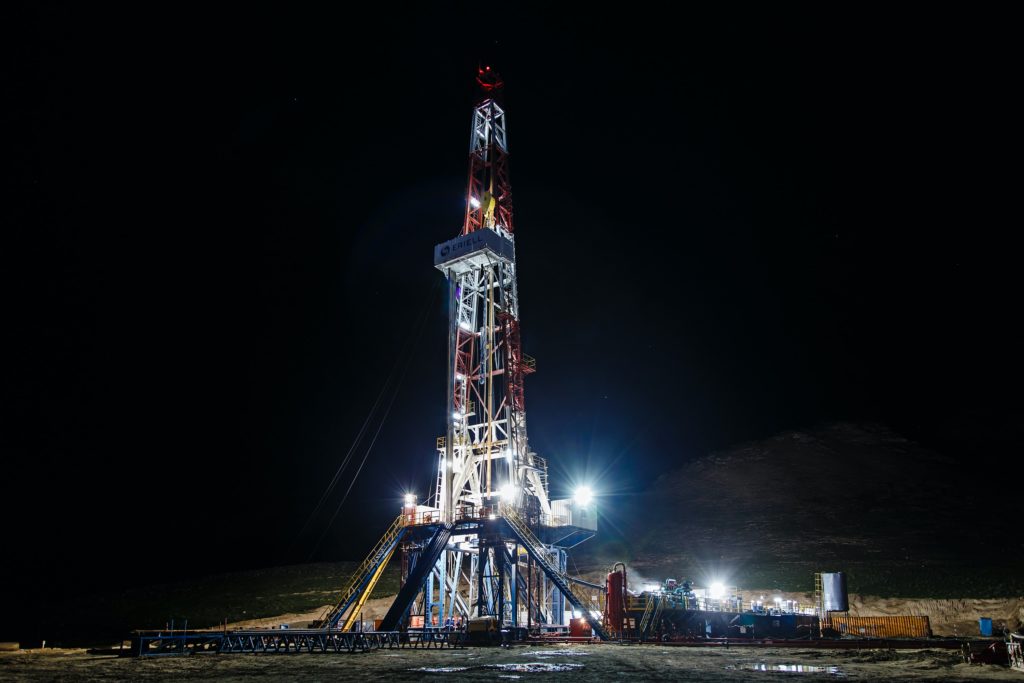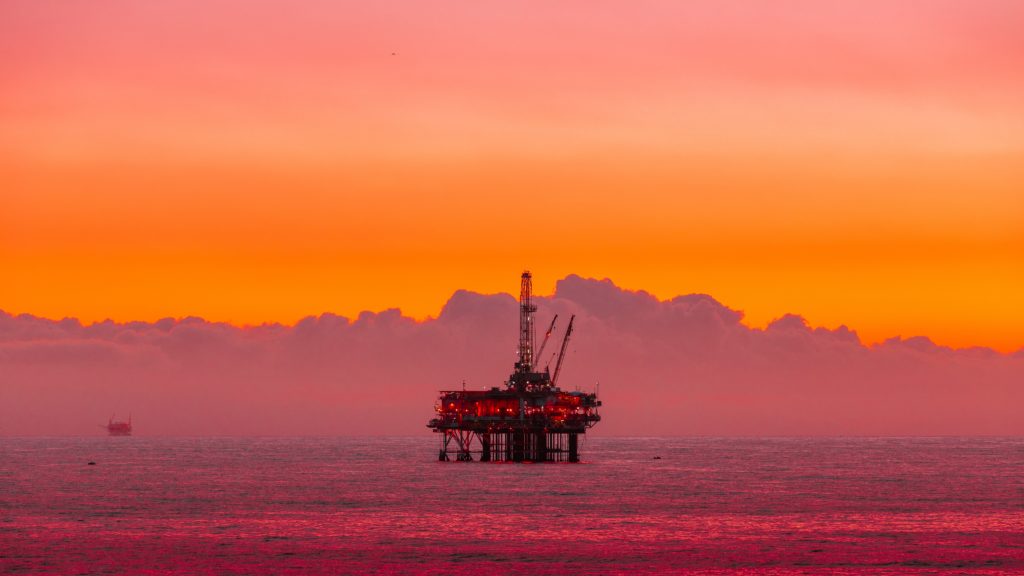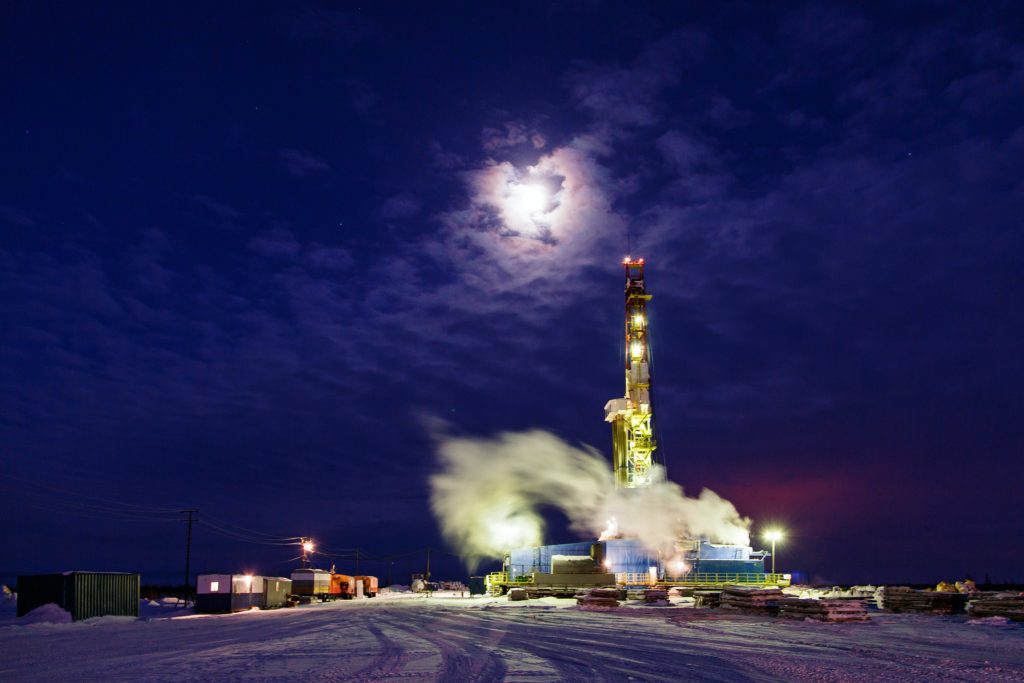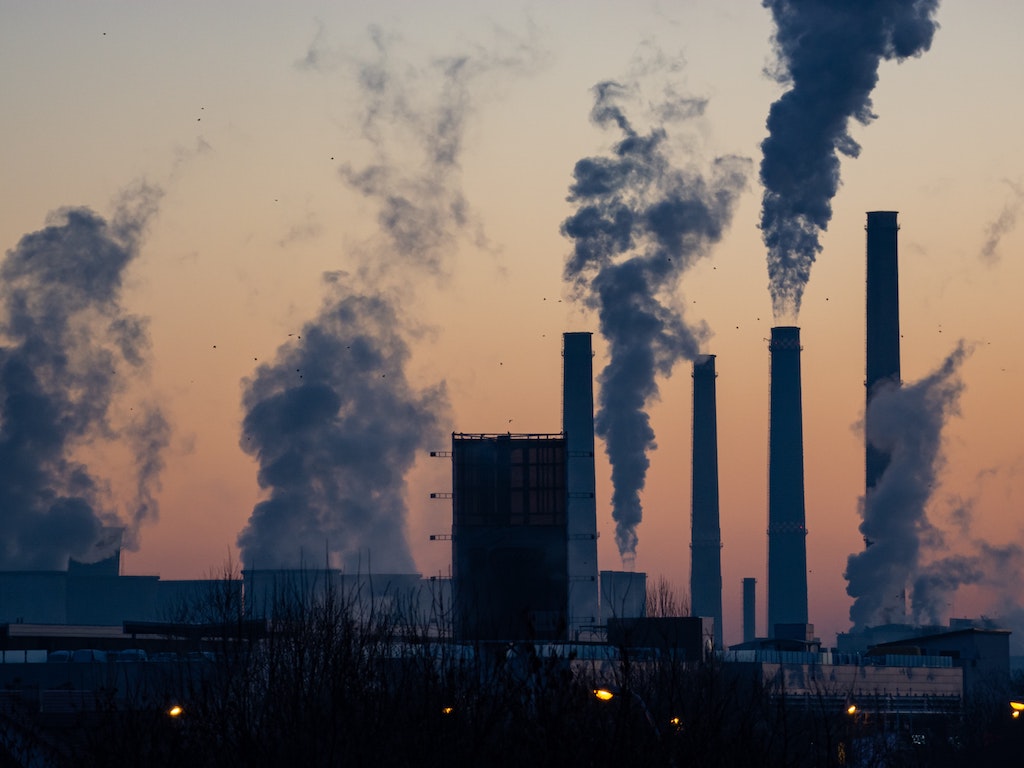7 Mins Read
By Chris McGreal.
There is a moment in the revelatory PBS Frontline docuseries The Power of Big Oil, about the industry’s long campaign to stall action on the climate crisis, in which the former Republican senator Chuck Hagel reflects on his part in killing US ratification of the Kyoto climate treaty.
In 1997, Hagel joined with the Democratic senator Robert Byrd to promote a resolution opposing the international agreement to limit greenhouse gases, on the grounds that it was unfair to Americans. The measure passed the US Senate without a single dissenting vote, after a vigorous campaign by big oil to mischaracterise the Kyoto protocol as a threat to jobs and the economy while falsely claiming that China and India could go on polluting to their heart’s content.
The resolution effectively put a block on US ratification of any climate treaty ever since.

A quarter of a century later, Hagel acknowledges that the vote was wrong, and blames the oil industry for malignly claiming the science of climate change was not proved when companies such as Exxon and Shell already knew otherwise from their own research.
“What we now know about some of these large oil companies’ positions … they lied. And yes, I was misled. Others were misled when they had evidence in their own institutions that countered what they were saying publicly. I mean they, lied,” he told the documentary-makers.
Asked if the planet would be better placed to confront the climate crisis if the oil industry had been honest about the damage fossil fuels were causing, Hagel did not flinch.
“Oh, absolutely. It would have created a whole different climate, a whole different political environment. I think it would have changed everything,” he said.
But Hagel apparently has not asked why he was so willing to be swayed by big oil when there was no shortage of scientists, including prominent Nasa researchers, telling him and other political leaders the truth.
The Power of Big Oil has the answer. The documentary’s makers have dug out a parade of former oil company scientists, lobbyists and public relations strategists who lay bare how the US’s biggest petroleum firm, Exxon, and then the broader petroleum industry, moved from attempting to understand the causes of a global heating to a concerted campaign to hide the making of an environmental catastrophe.
Over three episodes – called Denial, Doubt, Delay – the series charts corporate manipulation of science, public opinion and politicians that mirrors conduct by other industries, from big tobacco to the pharmaceutical companies responsible for America’s opioid epidemic.
Some of those interviewed shamefacedly admit their part in the decades-long campaign to hide the evidence of climate change, discredit scientists and delay action that threatened big oil’s profits. Others almost boast about how easy it was to dupe the American public and politicians, with consequences not just for the US but every country on the planet.
What emerges is a picture of a political system so compromised by corporate money that even when it finally appears that truth will win out, reality is swiftly smothered.
Former senator Timothy Wirth tells the documentary-makers how in 1988 he organised historic hearings at which a distinguished Nasa scientist, James Hansen, testified that greenhouse gases were changing the climate.
“That was a kind of a magic sentence,” Wirth said. “This was not environmental groups. This was not some green cabal. This was probably the lead climate scientist in the federal government making this statement.”
The New York Times reported the testimony on its front page. It seemed a turning point to Wirth and Hansen. Now the country would have to face reality. Instead the hearing served as a warning to the oil industry to intensify its campaign of denialism.
“There have been quite a few moments where it has felt to people interested in climate change that it’s all about to change,” said Dan Edge, the Power of Big Oil series producer, to the Guardian. “There’s a moment in episode one where Senator Wirth laughs and says, ‘I really felt we were getting somewhere. It was so exciting.’ That was 30 years ago. Then you hear some of the Obama speeches, and the genuine hope that something might be done about climate change in 2009. It was palpable and it was destroyed so quickly.”
As the documentary-makers trace the evolution of the fossil fuel industry’s success at staving off climate legislation, it becomes clear that the oil firms were swift to adapt their strategies to changing circumstances.

Jane McMullen, the director of the first episode in the series, said the research revealed how, as it became harder to deny the overwhelming evidence of global heating, the industry shifted gears.
“They realised that they were losing the science arguments, especially after the IPCC (Intergovernmental Panel on Climate Change) report came out in 95 that said there is a discernible human influence. So they turned to economics,” she said.
Frontline shows that key to that shift was a little known company in the 1990s, Koch Industries, which specialised in refining and distributing some of the heaviest and dirtiest oil. The firm was run by brothers Charles and David Koch. Charles also founded a libertarian thinktank, the Cato Institute in Washington.
The Kochs saw a threat to their business from the Clinton administration’s plan for a carbon tax. They mobilised Cato and a Koch-funded front group masquerading as a grass roots organisation, Citizens for a Sound Economy, to oppose it. The Kochs drew in lobby organisations, such as the American Petroleum Institute and the Global Climate Coalition, a group of businesses that opposed climate science.
“We would be meeting in various locales in Washington with over 100 people in the room. It was a real war room situation,” Jerry Taylor, director of Natural Resources Studies at the Cato Institute, told the programme.
Jeff Nesbit, communications director for Citizens for a Sound Economy, told the documentary makers that the decision was made to target a senator from Oklahoma, David Boren, who chaired the committee handling Clinton’s budget and therefore the carbon tax.
“They basically said: if we can get David Boren to flip, we win. So, they said, we’re gonna do whatever it takes,” he said.
The industry ran adverts claiming that the tax would cost the average Oklahoma household $500 a year, and mobilised supporters to call Boren to complain that people would effectively be paying a carbon tax every time they took a shower or drove their car.

Years later Nesbit admitted that the supposed public backlash was an illusion manufactured by the Koch brothers.
“Maybe there were a handful of folks who thought, oh, gosh, I should call my senator and register my complaint. But they had no such grassroots army. It was funded and fuelled by the corporate interests,” he said.
Still, it worked. Boren caved and killed the carbon tax. The oil industry took note.
“He folded right away,” Nesbit said. “It’s like, wow, this can really work. We can pick our targets strategically and win, even when we’re not in political power.”
McMullen said research for the documentary showed that strategy playing out repeatedly over the years.
“It’s become almost accepted fact that tackling climate change will cost the economy, whereas look at the cost of damages were faced with today,” she said.
The result, she said, is that one administration after another from Clinton onwards found reasons to delay action because they did not want to face accusations of making Americans poorer.
“That’s been a problem all the way through this 40-year history. There’s this very strong impetus for politicians to say, we’ll just wait, we don’t need to do it now. But obviously there isn’t time. And the longer you put it off, the steeper the hill that you have to climb to deal with it,” she said.
The Power of Big Oil is showing now in the US on PBS Frontline and in the UK on BBC2 this summer.
This story was originally published in The Guardian and is republished here as part of Covering Climate Now, a global journalism collaboration strengthening coverage of the climate story.
Lead photo via Pexels.




